Our brain is one of the most essential organs in our bodies, controlling our thoughts, actions, and emotions. Just like any organ, it requires proper nutrition to function optimally, specifically vitamins that play an essential role in memory retention and brain health. In this post, we’ll go over eight essential vitamins that may support memory retention and cognitive wellness.
Vitamin B12
Vitamin B12 is essential for maintaining the health of nerve cells, producing DNA, and helping produce red blood cells to carry oxygen to the brain. A deficiency can cause memory issues and difficulty with concentration; sources include meat, fish, eggs, and dairy products.

Vitamin B12 levels should be regularly assessed if you follow a vegetarian or vegan diet, as plant sources of this nutrient can be limited.
Vitamin D
Vitamin D is vital to both bone health and brain functioning. Studies have revealed that deficiency may increase cognitive decline and dementia risk. Our bodies produce vitamin D when exposed to sunlight; alternative sources include fatty fish, fortified dairy products, and supplements.

Make sure to spend enough time outdoors or take a vitamin D supplement during the winter months, when sunlight exposure may be limited, to receive enough UVB radiation and obtain sufficient vitamin D levels.
Vitamin E
The antioxidant vitamin E is effective in preventing free radical damage to brain cells. Furthermore, vitamin E plays an essential role in maintaining healthy blood vessels, which are essential to the brain’s receiving oxygen and nutrients from its environment. Rich sources of vitamin E are nuts, seeds, leafy green vegetables, and vegetable oils; good sources include nuts.
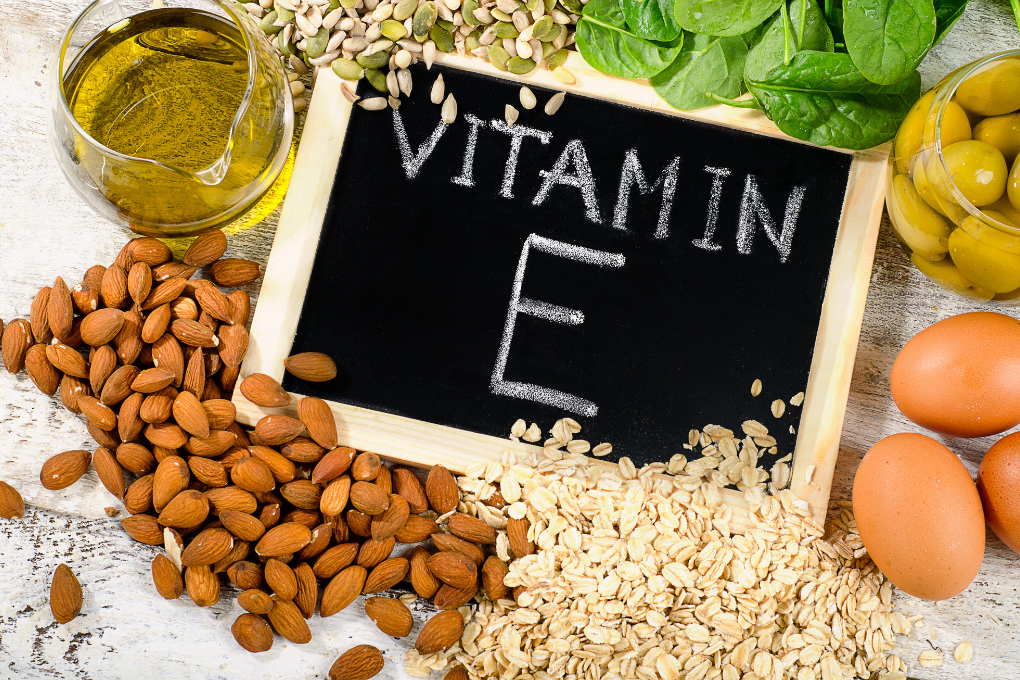
Include vitamin E-rich foods in your diet to ensure you’re getting enough of this important nutrient.
Vitamin C
Vitamin C is well-known for its immune-enhancing benefits, but it also plays a key role in brain health. Vitamin C serves as an antioxidant to reduce inflammation and oxidative stress in the brain; good sources include citrus fruits, strawberries, bell peppers, and broccoli.
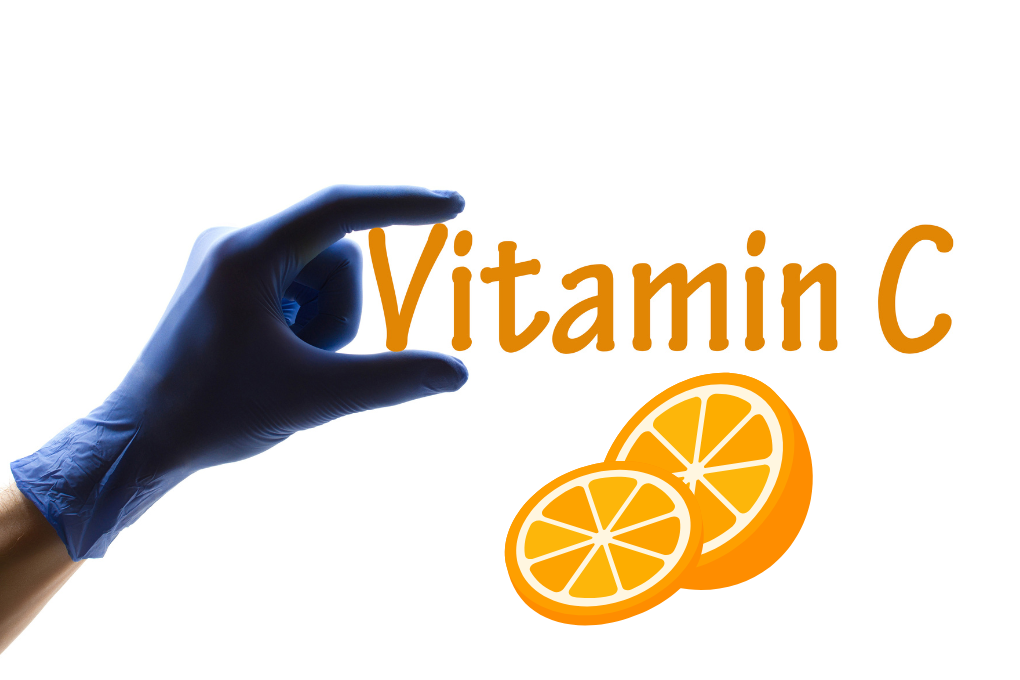
Include foods high in vitamin C in your daily diet to support brain health and overall well-being.
Omega-3
Omega-3 Fatty Acids Omega-3 fatty acids are an essential element of brain health. They assist with building cell membranes in the brain while providing anti-inflammatory benefits, according to various studies. Omega-3s may improve memory and cognitive performance. Sources include salmon, walnuts, chia seeds, and flaxseeds—just to name a few!
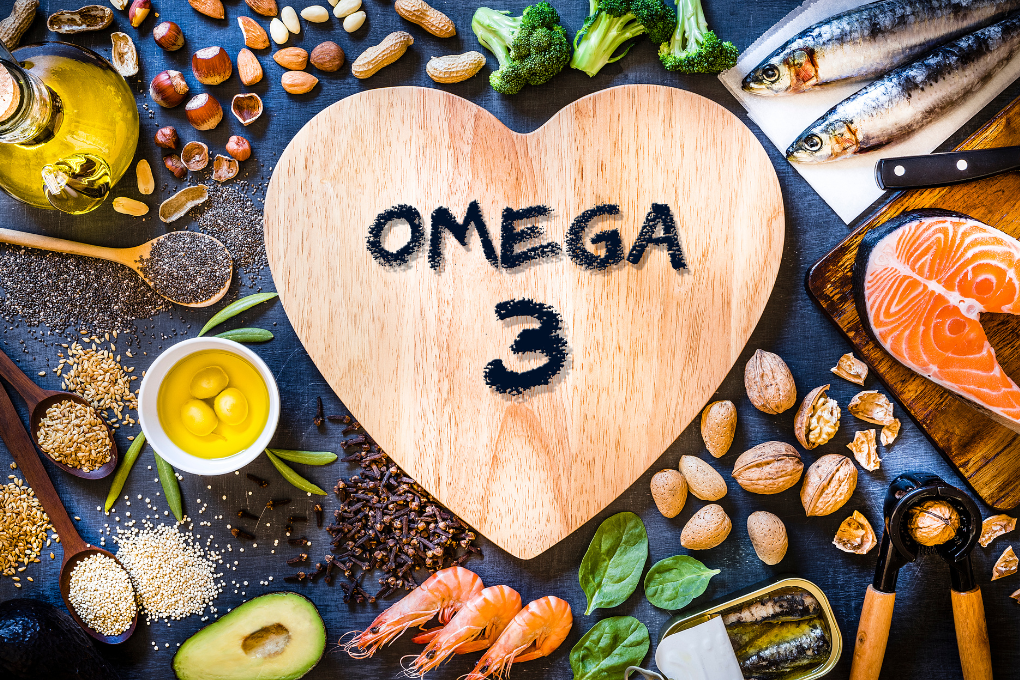
Consider including omega-3-rich foods in your diet or taking an Omega-3-rich fish oil supplement to support brain health.
Vitamin K
Vitamin K is vital for both blood clotting and brain health; studies show it may improve memory and cognitive performance. Good sources of vitamin K include leafy green vegetables such as kale, spinach, and broccoli.
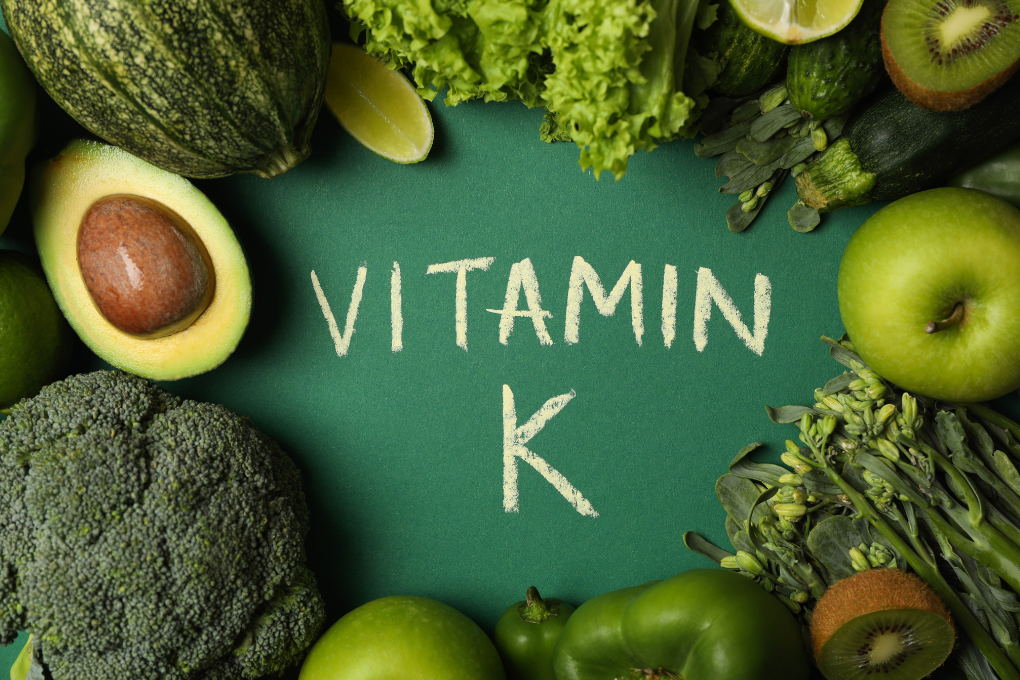
Add foods high in vitamin K to your diet to promote brain health and overall cognitive function.
Thiamine (Vitamin B1)
Thiamine (Vitamin B1) Thiamine, commonly referred to as vitamin B1, plays an integral part in energy production for the brain. It helps turn glucose into energy—glucose being its main fuel source—which leads to cognitive decline. A deficiency can result in memory problems and cognitive decline, so food sources of thiamine such as whole grains, legumes, nuts, and pork should all contain sufficient thiamine levels.
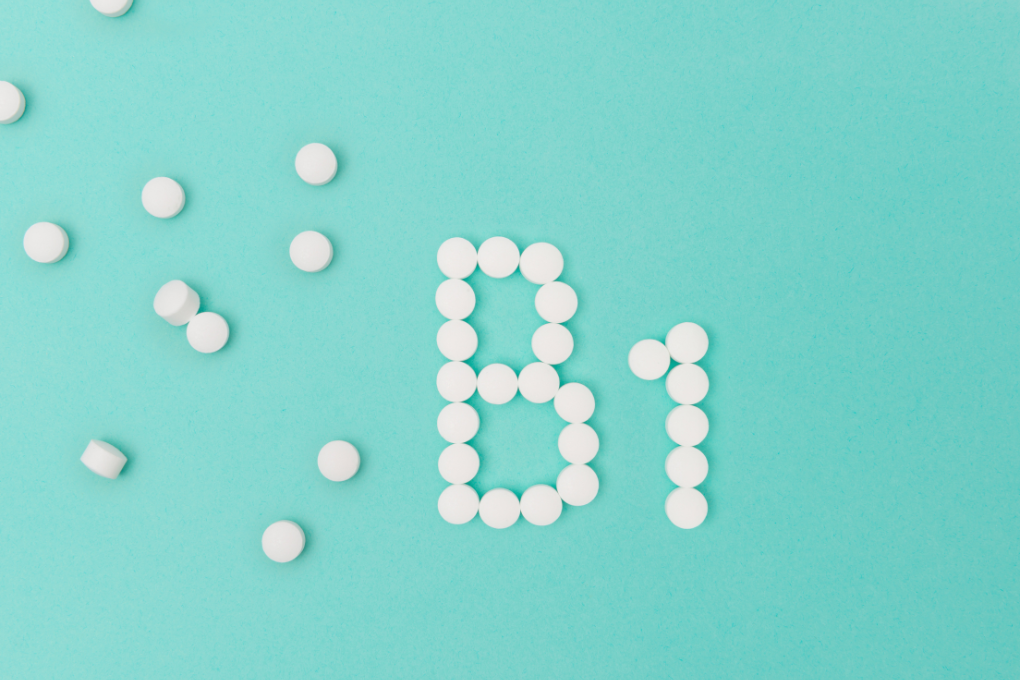
Include foods rich in thiamine to promote brain health and energy production.
Riboflavin (Vitamin B2)
Riboflavin (Vitamin B2) Riboflavin, commonly referred to as vitamin B2, plays an integral part in brain health and energy production, helping convert food into energy while contributing to neurotransmitter production. Sources of riboflavin include dairy products, lean meats, eggs, and leafy green vegetables.

Add foods rich in riboflavin to your diet to promote brain health and energy production.
Conclusion
Vitamins play an essential role in supporting memory and brain health. By including vitamin-rich foods in your diet, you can ensure you receive all the essential nutrients required for optimal brain function. If you have specific concerns or medical conditions, always seek advice from healthcare providers or registered dietitians for personalized advice.
Explore “The Ultimate Guide to Lowering Cholesterol Through Diet“. This comprehensive resource offers useful insights.




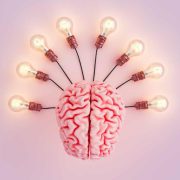


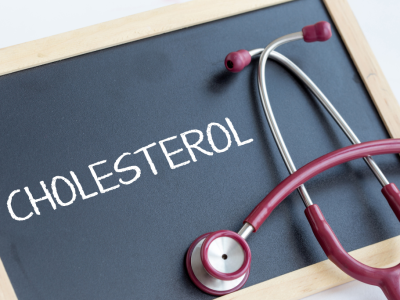

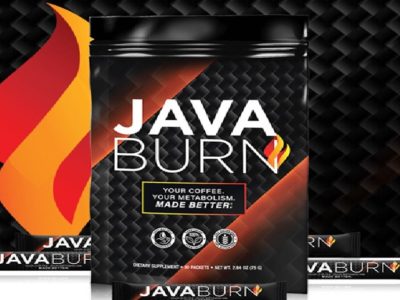
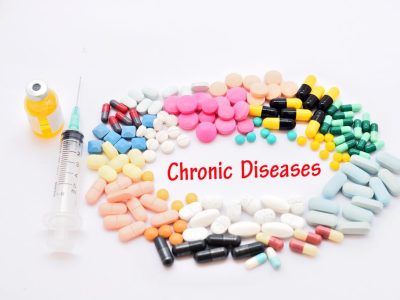




Comments